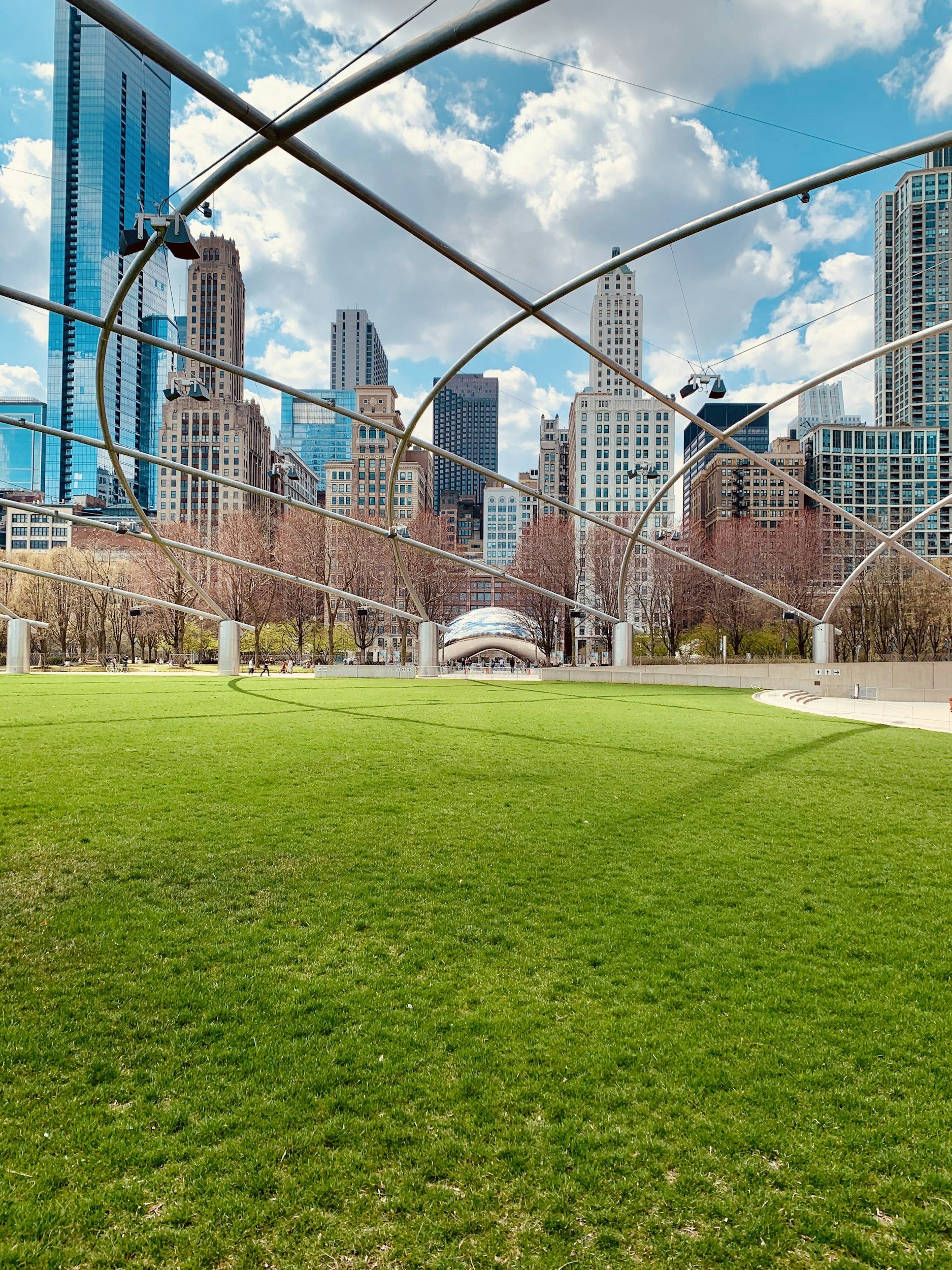
Projects
911 Alternate Response Strategy
The field of alternate response has matured significantly over the past few years, particularly within the context of a nationwide push to reimagine public safety. A recent report found that the majority of Chicago’s 911 calls are related to non-urgent matters like car accidents, mental or physical health issues, or noise complaints.
Chicago’s Mental Health Alternate Response Expansion
Chicago’s Crisis Assistance Response and Engagement (CARE) program responds to 911 calls involving individuals experiencing a mental health or substance use-related crisis. The City has continued to scale up operations since the first on-the-ground team was launched in September 2021. Early in his tenure, Mayor Brandon Johnson committed to expanding the CARE program for two reasons: alternate response directly supports his “Treatment Not Trauma” policy priority, and the work is an element of his “People’s Plan for Community Safety.”
Chicago’s Mental Health Expansion Working Group
In September 2023, the Chicago City Council passed an ordinance creating the Treatment Not Trauma Working Group of internal stakeholders. The ordinance required a report with recommendations for expanding non-police alternate crisis response programs and clinical services while increasing community awareness of both.



